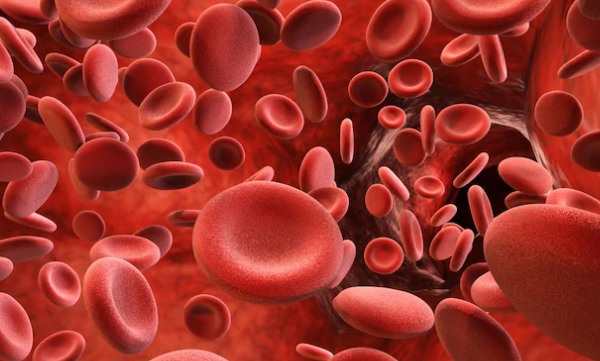Scientists Discover New Blood Group System MAL
A team from NHS Blood and Transplant (NHSBT) and the University of Bristol has made an important discovery: the MAL blood group system, which solves a long-standing mystery about the AnWj antigen, first observed in 1972. Led by Louise Tilley, this research aims to improve how doctors match blood for transfusions and ensure better care for patients.
Understanding the AnWj Antigen
The AnWj antigen is a rare blood group. It is mostly found in Black populations and is linked to the glycophorin A protein on red blood cells. People who don’t have this antigen might face difficulties with blood transfusions, which could lead to problems like alloimmunization (when the body attacks the new blood).
The MAL Blood Group System
The MAL blood group system is now the 47th official blood group system. The MAL blood group system includes M and N antigens, which are determined by the glycophorin A gene. These antigens are separate from more common blood systems like ABO and Rh. Having the M antigen may increase the risk of certain diseases, while the N antigen can affect how prone someone is to infections. These traits are inherited in a codominant way, meaning a person can have both types.
Genetic Discoveries
Scientists found that homozygous deletions (a type of genetic change) in the MAL gene are connected to the AnWj-negative trait. Knowing this helps create more precise genetic tests to identify these rare cases.
The research allows for new genotyping tests to find people who are AnWj-negative, making blood transfusions safer. When blood types are mismatched, it can cause serious problems, so this discovery is a major step forward.
Global Impact
While it’s hard to predict exact numbers, this discovery could help around 400 patients globally each year. The work was supported by NHSBT’s International Blood Group Reference Laboratory, which provides important antibodies for research and testing.
This breakthrough shows how important safe blood transfusions are. People like Philip Brown, a survivor, have stressed how vital it is to match blood correctly. Experts like Nicole Thornton highlighted how this discovery will help both donors and recipients worldwide.
About NHS Blood and Transplant
The NHS Blood and Transplant (NHSBT) manages blood donation and organ transplantation in England. Since 2005, it has run 15 regional blood centers and collects about 1.6 million blood donations every year, providing blood to over 170 hospitals. It also manages 4,000 organ transplants annually, helps with tissue donations, and focuses on finding rare blood types.
Month: Current Affairs - September, 2024
Category: Science & Technology Current Affairs








